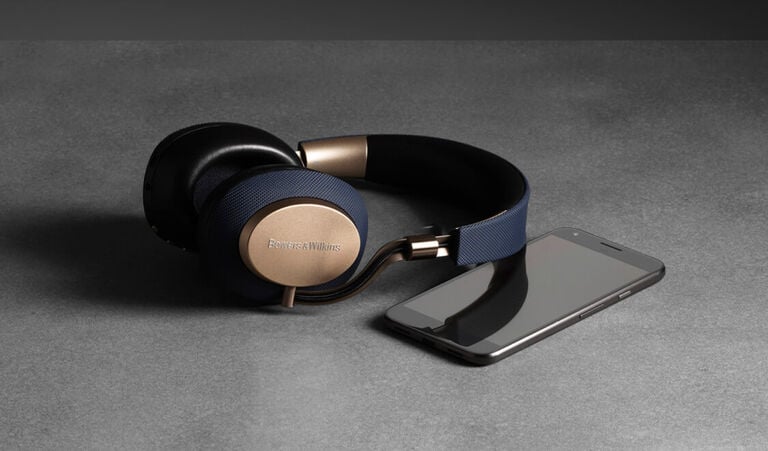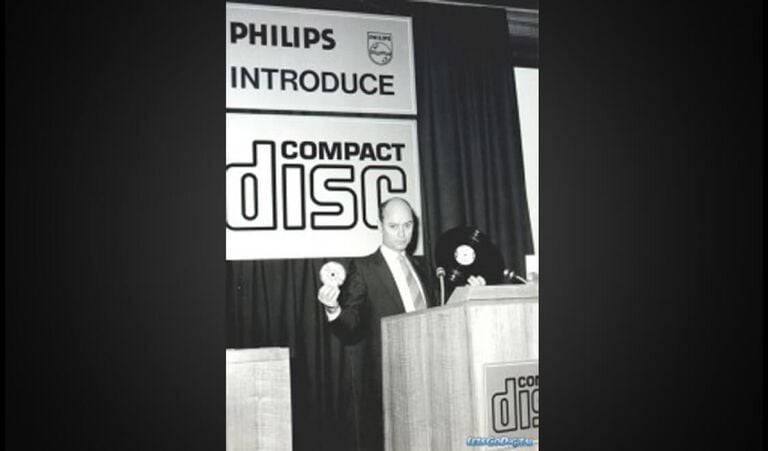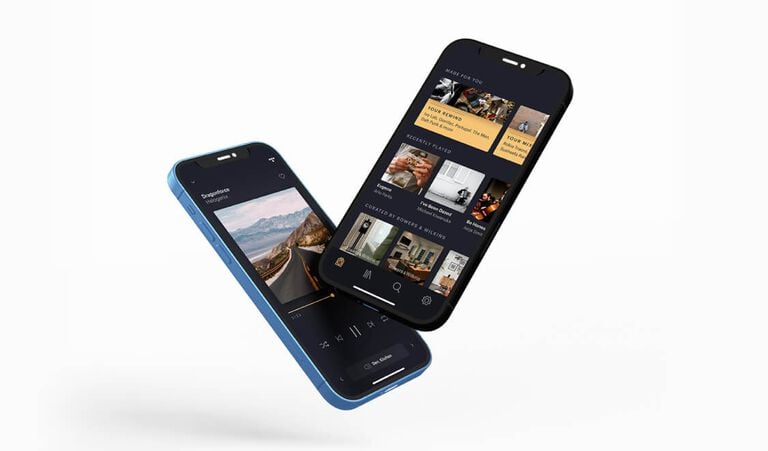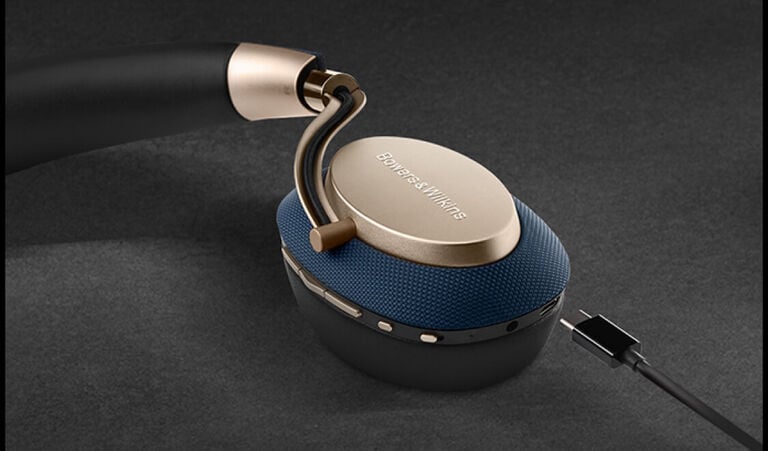Is Bluetooth audio really worse than wired?
Is it time to rid ourselves of the 21st century myth of inadequate Bluetooth audio?

On the 7th of September 2016, technology giant Apple® announced the iPhone 7, and along with it something seemingly inconceivable to music lovers and tech-heads alike: the removal of the 3.5mm headphone jack.
In a move that stunned the internet, people’s reactions to the news ranged from puzzled through to suspicious, and in some cases, just plain angry. For many music lovers, a world of great-sounding wireless Bluetooth audio seemed unimaginable.
Of course there are still plenty of wired options for your music, but today the real question remains: is Bluetooth audio as good as its wired counterpart?
Yes, it absolutely is – but certain factors need to be taken into account.
A matter of time
The first ever stereo Bluetooth headphones were released in 2004, and in a landscape dominated by Apple’s cool-affirming white wired earbuds, people may have dismissed the design, their eyebrows sceptically raised at the cans’ reliability and audio quality.
When it was first introduced, Bluetooth streamed music from your headphones to your device at 328kb/s – a rate that sits just under mp3 quality sound, and well below the standards of audio enthusiasts.
To enable this data to pass from one device to another, Bluetooth relies on SBC (low complexity subband coding) compression to ‘fit’ your music through the technology’s imaginary ‘thin pipes’ – once again, resulting in less detail heard in your music. This doesn’t sound great for true music lovers.
But as time progressed, so did Bluetooth.
In 2009, a technology called Qualcomm® aptX™ Bluetooth was introduced to consumer electronics. Using a different kind of compression, it allowed higher quality audio through the narrow Bluetooth bandwidth. aptX allows CD quality (16-bit/44.1kHz) audio streaming, a bitrate that fits more in line with the standards of us audio enthusiasts and music lovers.
However, numbers are just numbers. How do they ultimately convert to a meaningful listening experience?
The test
With the help of drum and bass duo Sigma, British TV journalist and technology expert Jon Bentley decided to compare the difference between wired connectivity, conventional Bluetooth and aptX.
Both Sigma members had differing conclusions: Joe preferred aptX audio but Cameron preferred standard Bluetooth over aptX or wired.
Inconclusive perhaps, but what can be deciphered from these results is that all three sounded very similar to each other, meaning Bluetooth doesn’t degrade sound quality as much as you think – and that most people wouldn’t actually know the difference.
For stern believers of wired audio, the result of this test is reaffirming: the luxury of a breathtaking home listening experience, often facilitated through a wired connection via a headphone amplifier, is objectively hard to beat.
But here’s where it gets interesting.
Recently, an alternative ground-breaking audio codec has surfaced. It allows much higher streaming capabilities, bridges the gap between wireless and wired audio quality, while eradicating the need for wires and supplementary devices to improve sound quality.
Is the love affair between audio enthusiasts and wires about to be derailed?
The game changer
Featured in Bowers & Wilkins PX, aptX HD enables 24-bit/48kHz resolution wireless sound that is indistinguishable from wired high resolution audio.
In a test comparing aptX HD audio to a pricey headphone amplifier, the new wireless technology was called a ‘revelation’ and ‘Bluetooth like you’ve never heard before’.
In addition to this discovery, Jon Bentley believes that the quality of the internal electronics of headphones are also to blame for the many years’ worth of poor perception of Bluetooth audio – not the wireless signal itself.
For it’s the combination of cutting edge components, such as the DSP chip and the digital-to-analogue converter, which elevate the quality of your music, not to mention the hours of research and fine tuning of the drivers – all of which we’ve built into PX.
As the Bowers & Wilkins founder John Bowers once said “The best speaker isn’t the one that adds the most, it’s the one that takes away the least.” and combining aptX HD audio and innovative engineering, this philosophy is embodied in PX.


